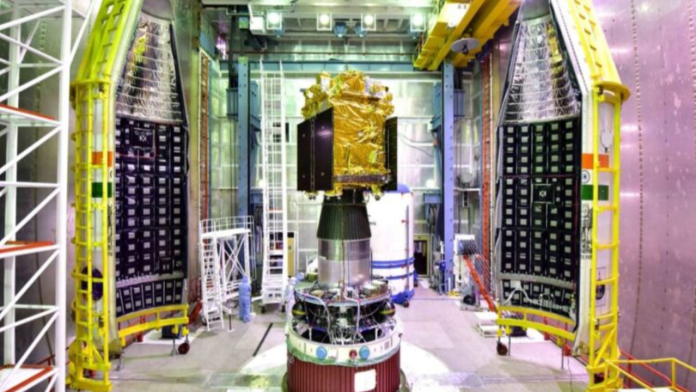
Having stepped on the moon, India has now started taking steps towards the sun. Today ISRO has launched Aditya L1. Sun will be studied under this mission.
Aditya L1 Launching: India is taking steps one after the other in the field of space. After stepping on the Moon, we are now ready to study the Sun. For this, ISRO has launched its first Aditya L1 mission today. With this launch, India has started being counted among those countries which have stepped towards the moon and the sun.
After rocket PSLV leaves Aditya in the low Earth orbit, Aditya will enter the orbit in 63 minutes 19 seconds and after traveling for 4 months, will reach Lagrange point i.e. L1.
PSLV-C57/Aditya-L1 Mission:
The launch of Aditya-L1 by PSLV-C57 is accomplished successfully.
The vehicle has placed the satellite precisely into its intended orbit.
India’s first solar observatory has begun its journey to the destination of Sun-Earth L1 point.
— ISRO (@isro) September 2, 2023
India’s steps towards the sun
This is India’s second flight into space within 50 days, which is now ready to go straight to the Sun. Aditya L1 mission was launched at 11:50 am today. It is not going to the Sun but to its L1 point, it will study the Sun’s rays from there. During this period, it will fly continuously for 4 months and cover a distance of 15 lakh kilometers. It will be able to reach its target after 125 days of launching.
Objective of Surya Mission
India is launching this mission to study solar winds and magnetic field. Along with finding out how the upper atmosphere of the solar system used to be, the outer layer of the Sun will be studied. Along with collecting information about the photosphere and chromosphere, information will also be collected about the weather of space.
What is the use of the mission
This Sun mission of India is going to prove to be very important as many things about the solar system can be ascertained from it. Many things will be known about the stars in the Galaxy, apart from this, there will also be ways to avoid spacecraft and unknown dangers. How powerful the solar energy is, it can be detected and warnings will be received before the danger arises. Information will be gathered about the effects of the sun’s rays on the ozone layer and ultraviolet rays.





